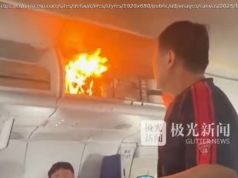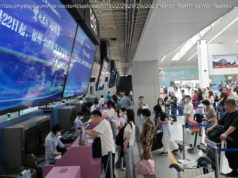Starbucks executive chairman said the company improved retention in China by winning over employees’ parents.
China is a notoriously challenging market for American retailers. Starbucks (sbux) , which is opening a store a day in China, is proving to be a major exception to the rule—a point that the company’s executive chairman Howard Schultz detailed at a gathering of the Economic Club of New York today.
The coffee giant’s rise in China was by no means an overnight success story. Starbucks first entered China 18 years ago and lost money for nine consecutive years. Some members of the Wall Street community were calling for the company to get out of the market, Schultz said.
Part of the problem, he explained, was that the company was having trouble retaining its employees in China, where 87% of the company’s workforce are college graduates. “The attrition rate was really hurting us, ” Schultz said.
“The parents of our partners felt that they didn’ t send their kids to these great universities to pour coffee, ” Schultz said. They believed their children should be working for Facebook, Google, and Microsoft—not Starbucks.
Schultz said the company knew it had to get these parents to understand what the company stood for, so it decided to have an annual meeting explicitly for them. “We’ ve never had a problem in attracting and retaining our people since then, ” he said. The company just had its fifth such gathering, and Schultz—who was in attendance—said thousands of parents and grandparents showed up. “All we’ re doing at those meetings is celebrating the family, ” he said.
Starbucks recently also started providing health insurance for the parents of its employees in China—something Schultz said no American or Chinese company had ever done before.
Today, China is Starbuck’s most profitable market at the store level, Schultz said, adding that over time he thinks it will be the largest market globally for the company. He pays particular attention to China, traveling there once a quarter. He said, “I think I’ ve probably traveled to China as much as any public company CEO in the last 10 years.»






